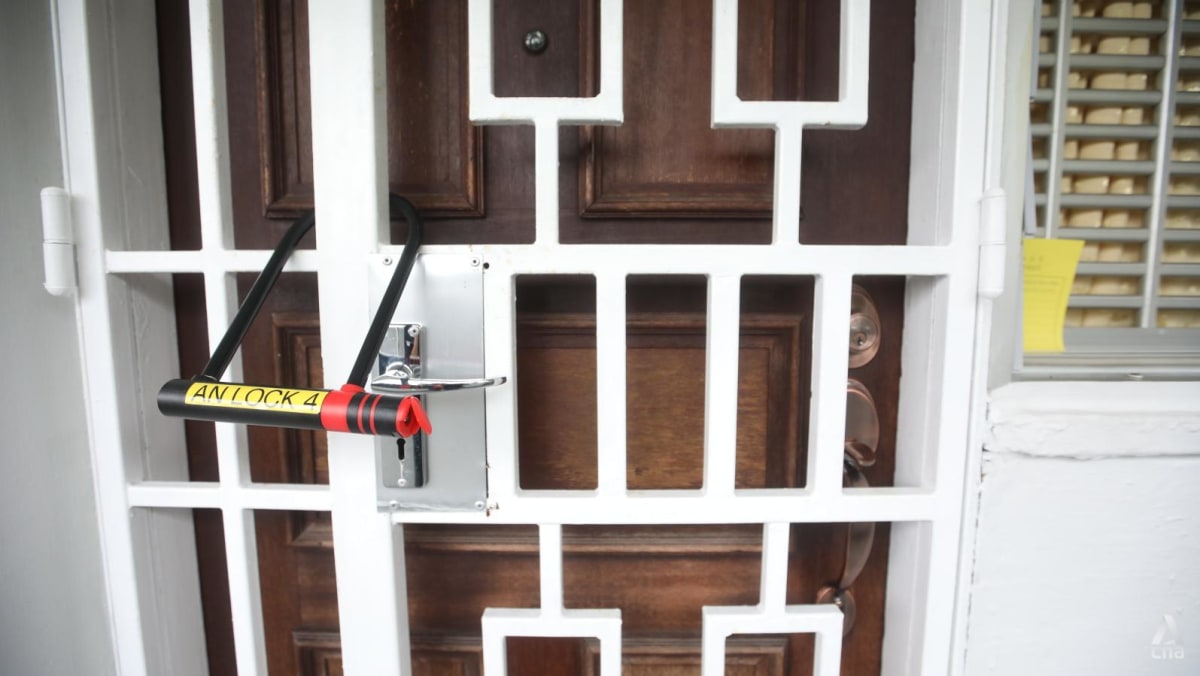As a parent, one of my deepest fears is that I may never hear my daughter’s voice.
My daughter turned two years old in June – a milestone at which she was diagnosed with global developmental delay. She remains non-verbal, and we’ve been advised that there’s a decent possibility she will grapple with autism.
When we received her diagnosis, my spouse and I were heartbroken. I cried, mourning the dreams I’d had for her future and the special conversations I had envisioned sharing with her.
But amid the grief, we quickly realised that early intervention was not just an option – it was a necessity. We had to get our daughter whatever help we could, now.
We wasted no time enrolling her in the government-subsidised Early Intervention Programme for Infants and Children (EIPIC).
But like many parents interviewed by CNA TODAY earlier this month, we were confronted with a painful reality: The average waiting time for the aid that our daughter needed would be up to a year.
For children in these crucial early years, time is a luxury that simply cannot be afforded.
As the CNA TODAY article highlights, for children with developmental struggles, the largest window for improvement is between birth and six years old. Delaying the help they need could lead to existing issues stacking up over time.
Private centres seemed like the obvious alternative, but with fees running into thousands of dollars a month, they are simply out of reach for us.
As a self-funded content creator and freelance journalist, every dollar counts. My work, which focuses on diversity, equity and inclusion in technology and business, is fulfilling – but doesn’t exactly bring in the big bucks.









_0.jpg?itok=0_vrgz7M)



